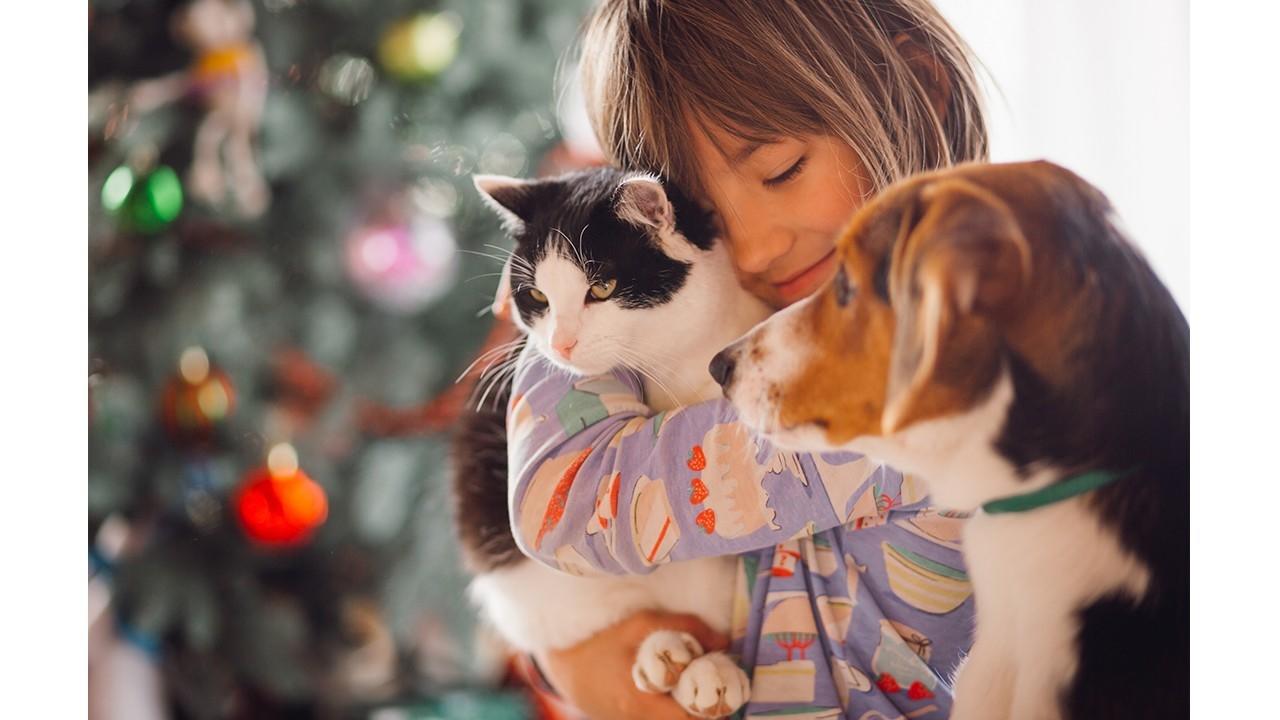Children with Autism: Connections with Animals
Mar 31, 2019
Many people with autism and other social challenges have connections with animals. Whether the animals are real or even “stuffed”, animals bring a sense of peace and calmness to a child or even adult on the spectrum. This is for several different reasons, and the reasons make sense. Think about all of the people who don’t have autism who have a love for animals! There is just a way that non-human beings make us feel secure and comforted. Here are a few reasons why a person with autism may feel very connected to our furry friends.
Communication
This is huge. Animals cannot communicate in words, and many children with autism are still working on this. Even those that can communicate still have challenges, and animals just give them a sense of comfort. Animals are great to spend time with because they are predictable (except for puppies and kittens!) in their demeanor and movements. Domesticated animals, such as older dogs and cats may be ideal for your child with autism, as they are calm and oh, so loving! Being a Basset Hound lover myself, when I found out my friend adopted a senior Basset Hound to be a companion to their teen with autism, I completely understood.
Unconditional Love
Animals will never, ever critique or judge their human friends. Individuals on the spectrum seemingly understand this, as they tend to feel very calm and at peace with their pets. An older dog may just sleep on the bed while the child is watching YouTube videos for hours on end, and even though they may not interact, there is a sense of “someone” being in the room giving that child a sense of security and real companionship.
Therapy
Many early intervention strategies include animal-assisted therapy. I can remember when my nonverbal three year old would go to animal-assisted therapy each week, and actually ride llamas. What an experience that was! He would also ride in a large wagon with a bunny, and occasionally try to talk to it and pet it. Animal-assisted therapy can really open those doors of not only communication, but also sensory development.
Yes, Stuffed Animals Work!
If your child has autism, and getting a pet is just not feasible, you can take him to a petting zoo or to a friend’s house that has a trusting, loving dog. But, what also may work is the use of stuffed animals, especially one your child is fond of. Oftentimes, children with autism have one thing they are “obsessive” over, and if it is an animal, then perhaps the stuffed version would help. Not only are stuffed animals great for sensory stimulation, but they are very effective in helping you and your loved one practice those much-needed social skills.
Check out Tyler’s video on animals, even the “imaginary friendship” of stuffed animals. He has a great viewpoint on people on the spectrum and the connection they may have towards our nonhuman friends! Listening to his experiences may help you think of ways to introduce your child with this unique ability to a lifelong companionship and a sense of security.
To learn how you can access this program and hundreds of other insights that will help you better understand autism, please visit this link.
Stay connected with news and updates!
Join our mailing list to receive the latest news and updates from our team.
Don't worry, your information will not be shared.
We hate SPAM. We will never sell your information, for any reason.

